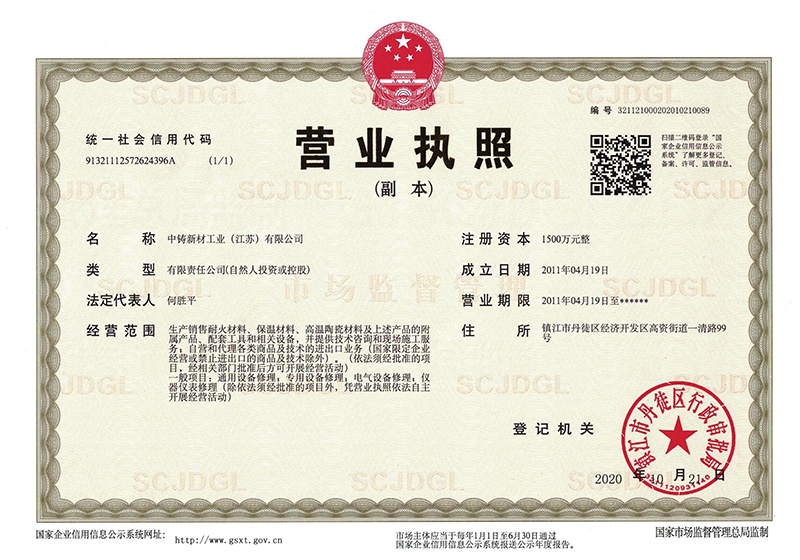News
SINO-FOUNDRY—professional refractory manufacturer
Understanding Coil Cement: Its Role in the Copper Industry
2025-08-07
Coil cement is a specialized material used predominantly in the mining and metallurgy sectors, particularly in the production and processing of non-ferrous metals like copper. Understanding coil cement's properties and applications can offer valuable insights into its critical role in ensuring the efficiency and longevity of various industrial operations. At its core, coil cement refers to a type
At its core, coil cement refers to a type of adhesive or bonding agent used to secure and protect coil materials, especially in the context of metal fabrication and processing. This material is essential in industries where the integrity of coils—often made of metals like copper—is paramount. Coil cement provides a reliable solution to minimize damage during the manufacturing and handling processes.
In the copper industry, coil cement plays an essential role in ensuring that copper coils maintain their structural integrity during transportation and usage. Copper, known for its excellent conductivity and resistance to corrosion, is extensively used in electrical applications, plumbing, and other industrial sectors. However, to capitalize on these properties, it’s necessary to employ reliable materials that can withstand various physical and environmental stresses.
One of the key benefits of using coil cement in copper processing is its ability to create a robust bond that can endure temperature fluctuations and mechanical stress. This characteristic is particularly important given that copper may be subjected to various conditions throughout its lifecycle, from manufacturing to end-use applications. The durability provided by coil cement helps prevent issues like delamination or wear and tear, which can compromise the quality of the final product.
Moreover, coil cement can contribute to improved efficiency in production processes. By ensuring that copper coils remain intact and properly aligned during processing, manufacturers can reduce waste and improve overall productivity. This efficiency not only saves time and resources but also enhances the quality of finished products, making them more reliable for downstream applications.
In addition, the application of coil cement can lead to cost savings in the long term. By reducing the risks of damage and the need for repairs or replacements, companies can achieve a more sustainable operational model. This aspect is particularly relevant in today’s economic climate, where optimizing resources is crucial for maintaining competitiveness in the industry.
In summary, coil cement is a vital component in the copper industry, providing essential support for the longevity and efficiency of copper coils. Understanding its properties and advantages can help businesses maximize their operations, ensuring high-quality outputs while minimizing risks associated with material handling and processing. As the demand for copper continues to grow, the role of coil cement will undoubtedly remain significant in upholding the standards of excellence within the metallurgical and mining sectors.
Related News
2024-11-05
Zhongzhu New Materials Industry sincerely invites you to participate in the 24th International Forum and Exhibition on Recycled Metals.

WeChat public account

View mobile website
Address : No. 99, Yiqing Road, Gaozi Street, EconomicDevelopment Zone, Dantu District, Zhenjiang City
Fax : +86-511-85683066
E-mail : sales@sfr168.com
Website : https://www.sfr168.com
Copyright©2023 Sino-Foundry Refractory(Jiangsu) Co.,Ltd. Powered by:www.300.cn
Copyright©2023 Sino-Foundry Refractory(Jiangsu) Co.,Ltd.
IPV6 | SEO | Cloud Information



